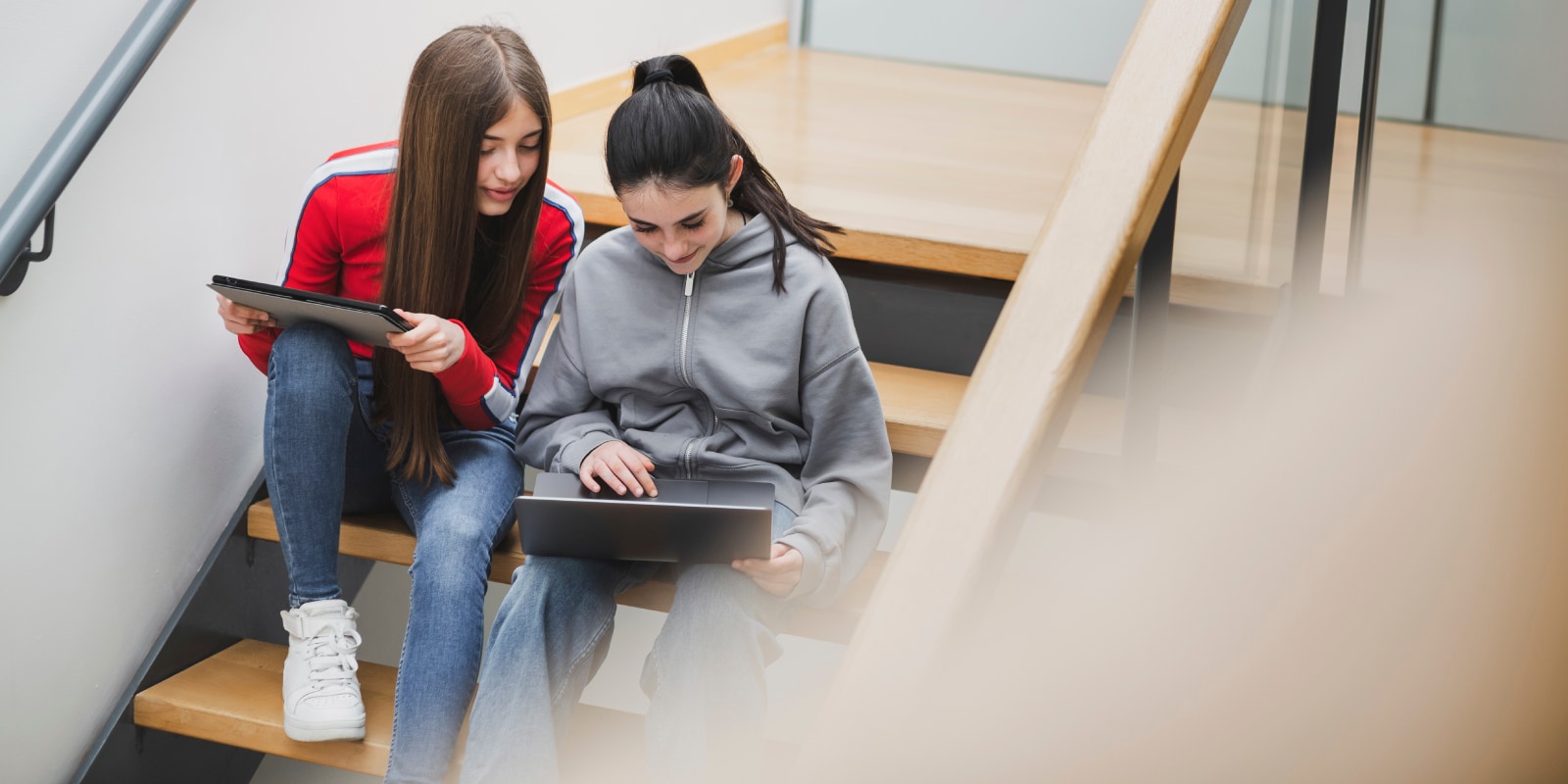Digital Assessment Research: Marking Consistency
We believe that exams should be a fair and accurate reflection of students’ performance – regardless of whether an exam is taken onscreen or on paper.
That’s why our research programme not only focuses on comparability of student performance, but also explores if and how marking may compare between paper and digital exams formats.

